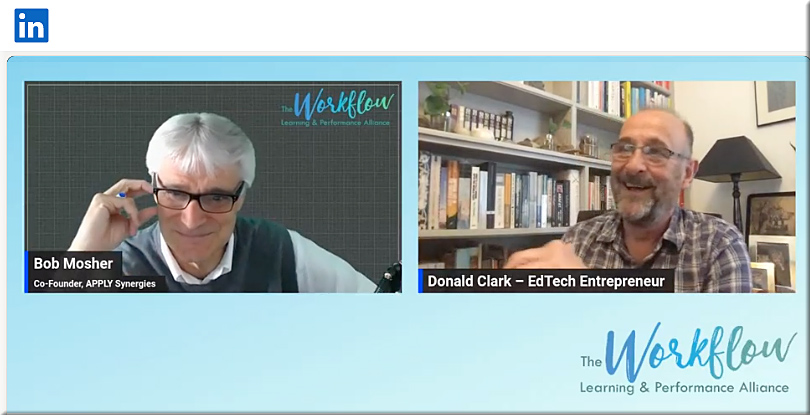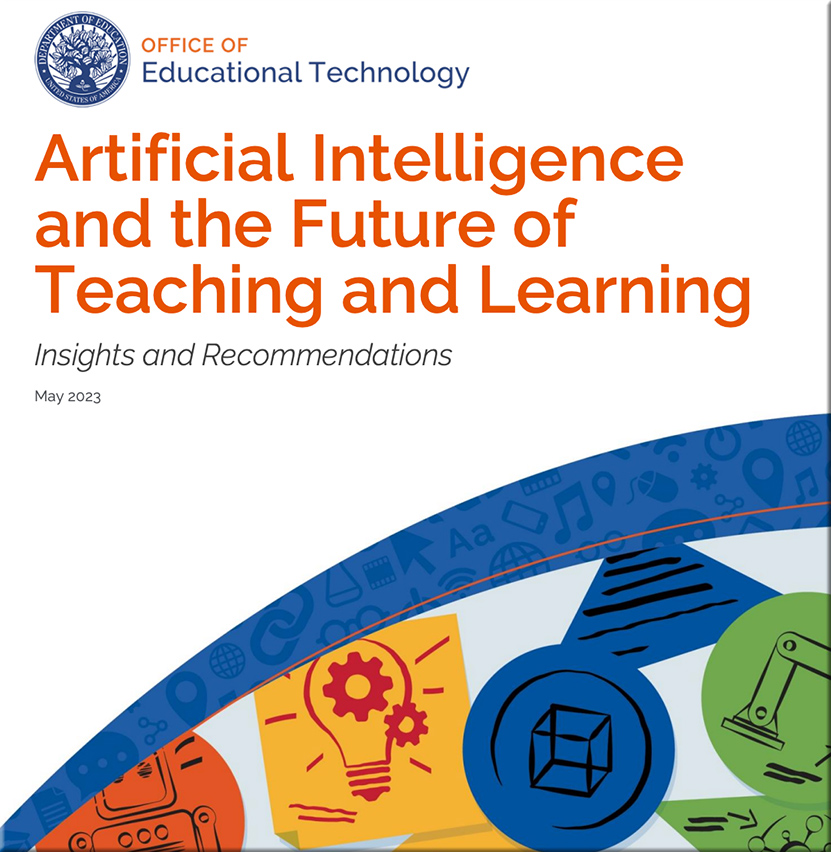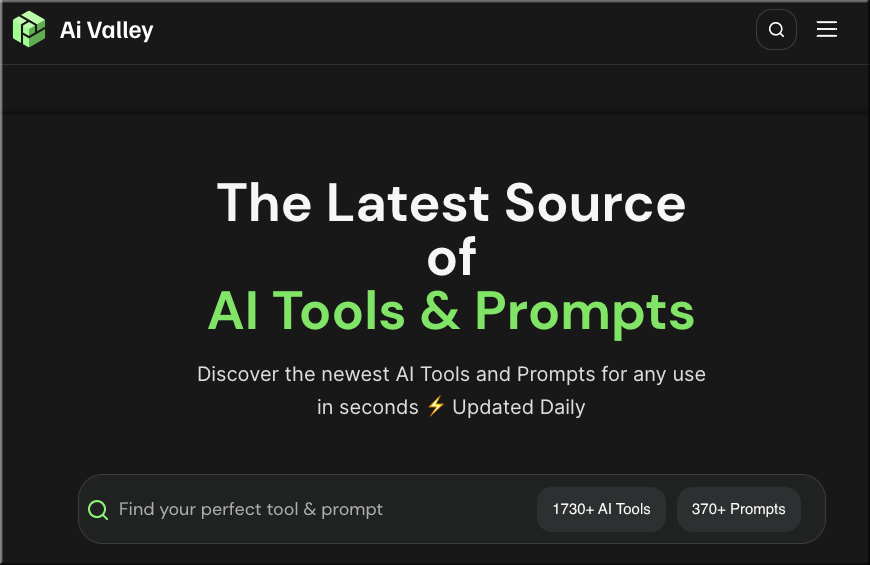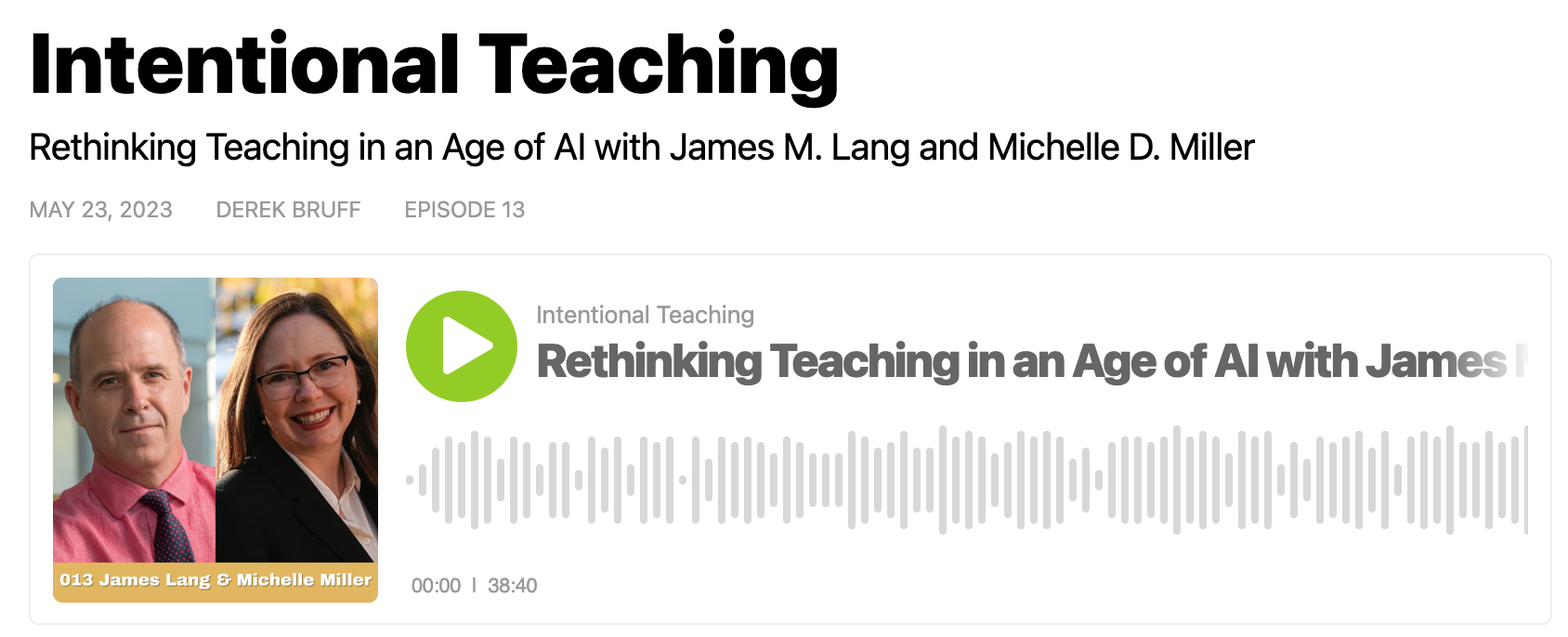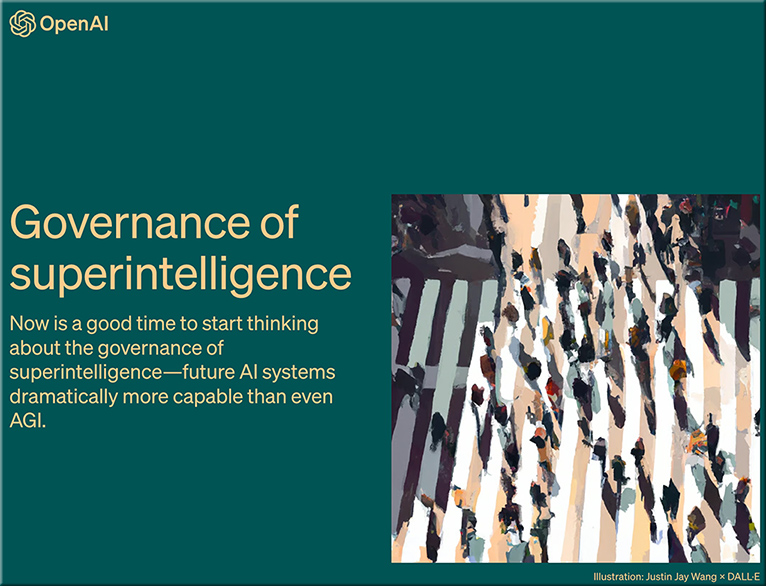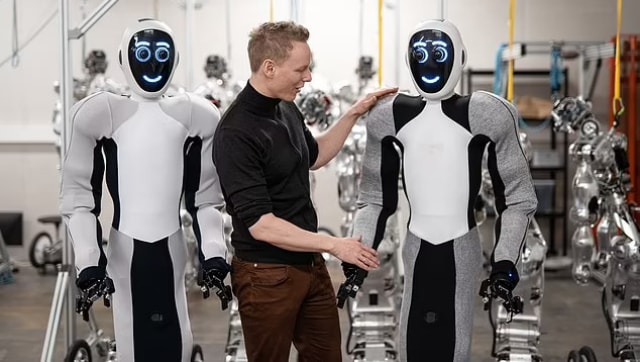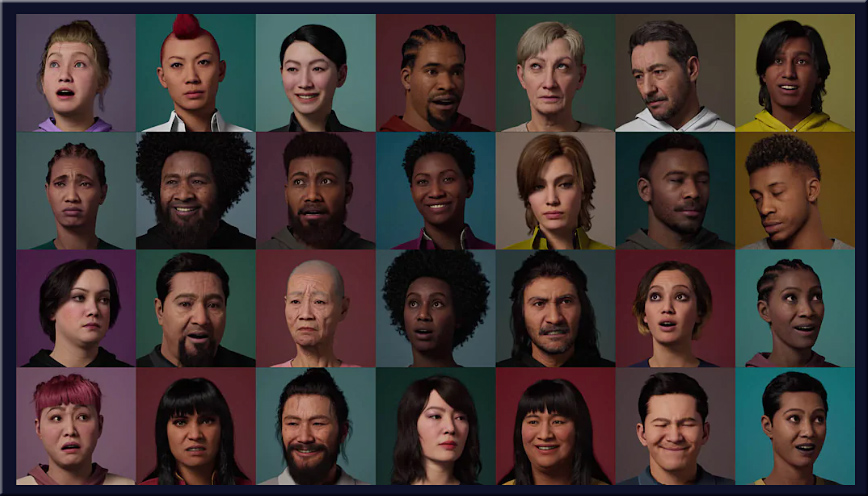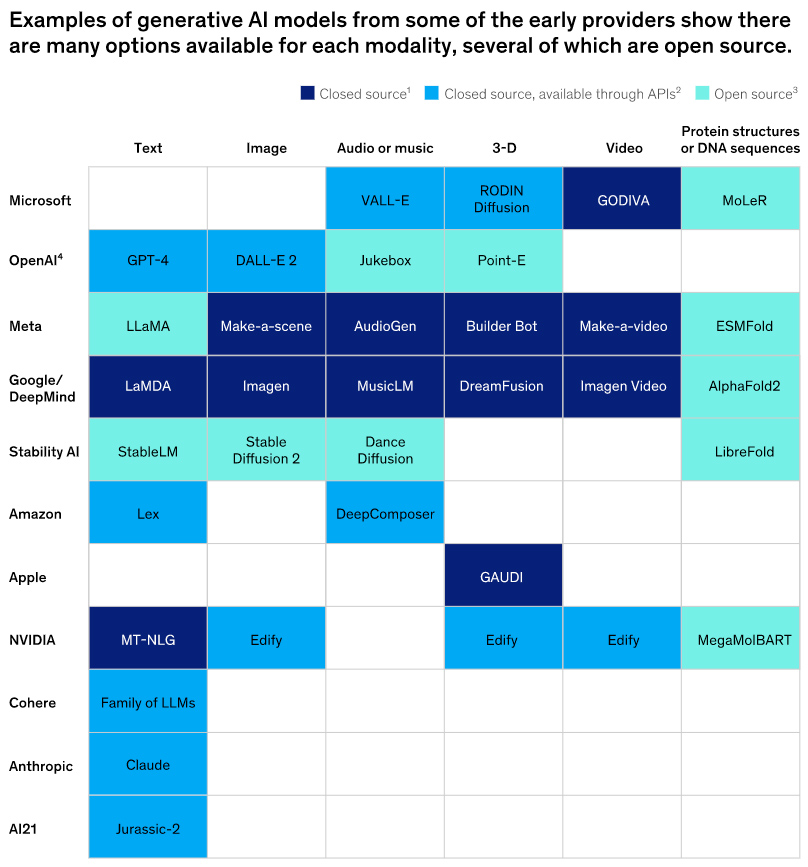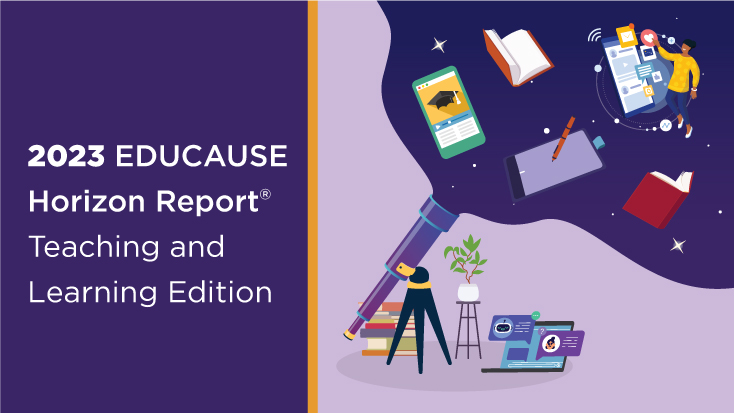Professors Plan Summer AI Upskilling, With or Without Support — from insidehighered.com by Susan D’Agostino
Academics seeking respite from the fire hose of AI information and hot takes launch summer workshops. But many of the grass-roots efforts fall short of meeting demand.
Excerpt:
In these summer faculty AI workshops, some plan to take their first tentative steps in redesigning assignments to recognize the AI-infused landscape. Others expect to evolve their in-progress teaching-with-AI practices. At some colleges, full-time staff will deliver the workshops or pay participants for professional development time. But some offerings are grassroots efforts delivered by faculty volunteers attended by participants on their own time. Even so, many worry that the efforts will fall short of meeting demand.
From DSC:
We aren’t used to this pace of change. It will take time for faculty members — as well as Instructional Designers, Instructional Technologists, Faculty Developers, Learning Experience Designers, Librarians, and others — to learn more about AI and its implications for teaching and learning. Faculty are learning. Staff are learning. Students are learning. Grace is needed. And faculty/staff modeling what it is to learn themselves is a good thing for students to see as well.
Also relevant/see:
It takes a village… Reflections on sustainable learning design — from The Educationalist (educationalist.substack.com) by Alexandra Mihai
Excerpts:
This can be done first and foremost through collaboration, bringing more people at the table, in a meaningful workflow, whereby they can make the best use of their expertise. Moreover, we need to take a step back and keep the big picture in mind, if we want to provide our students with a valuable experience.
…
This is all about creating and nurturing partnerships. Thinking in an inclusive way about who is at the table when we design our courses and our programmes and who we are currently missing. Generally speaking, the main actors involved should be: teaching staff, learning design professionals (under all their various names) and students. Yes, students. Although we are designing for their learning, they are all too often not part of the process.
In order to yield results, collaborative practice needs to be embedded in the institutional fabric, and this takes time. Building silos happens fast, breaking them is a long term process. Creating a culture of dialogue, with clear and replicable processes is key to making collaborative learning design work.
From DSC:
To me, Alexandra is addressing the topic of using teams to design, develop, and teach/offer courses. This is where a variety of skills and specialties can come together to produce an excellent learning experience. No one individual has all of the necessary skills — nor the necessary time. No way.










